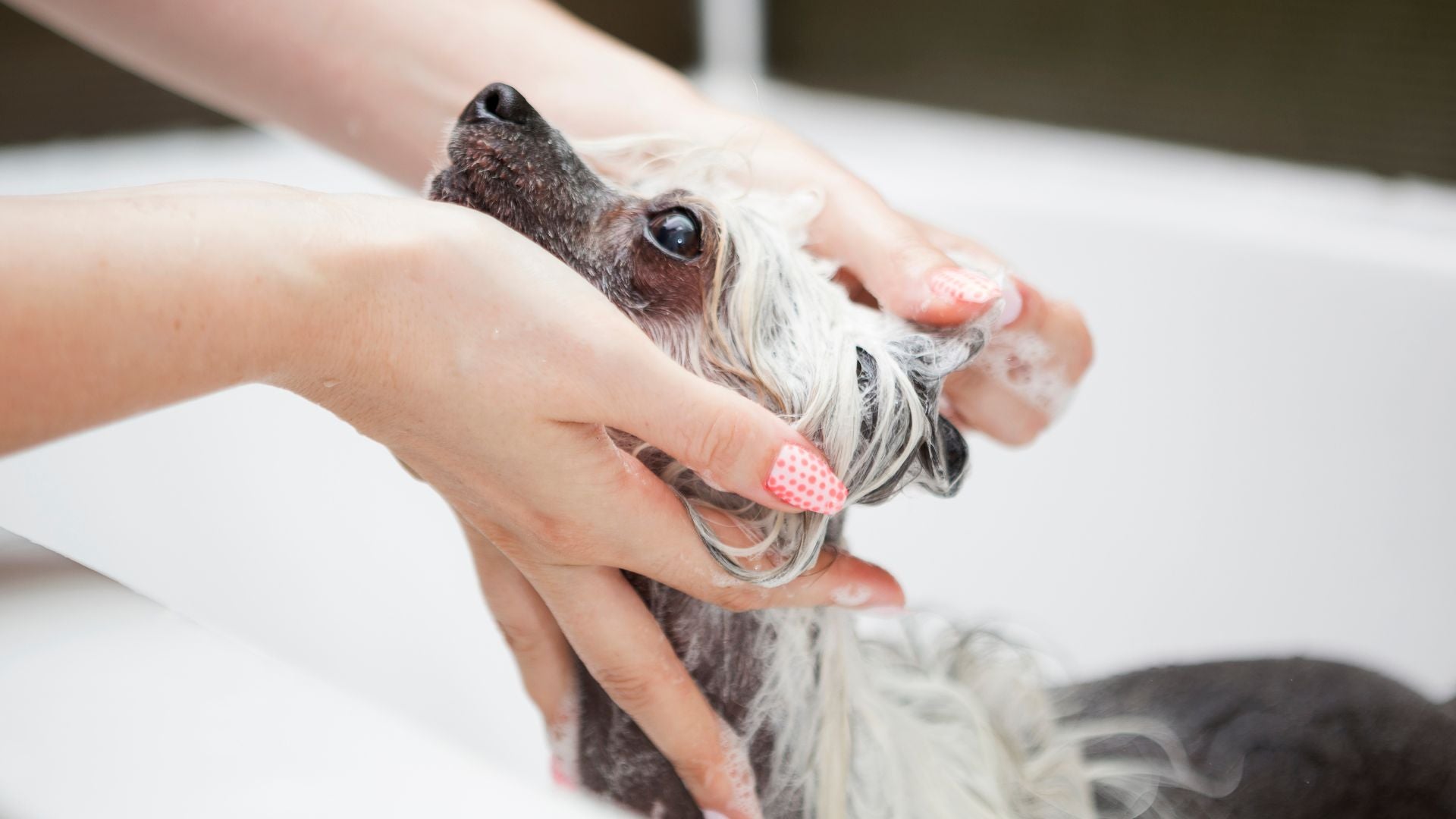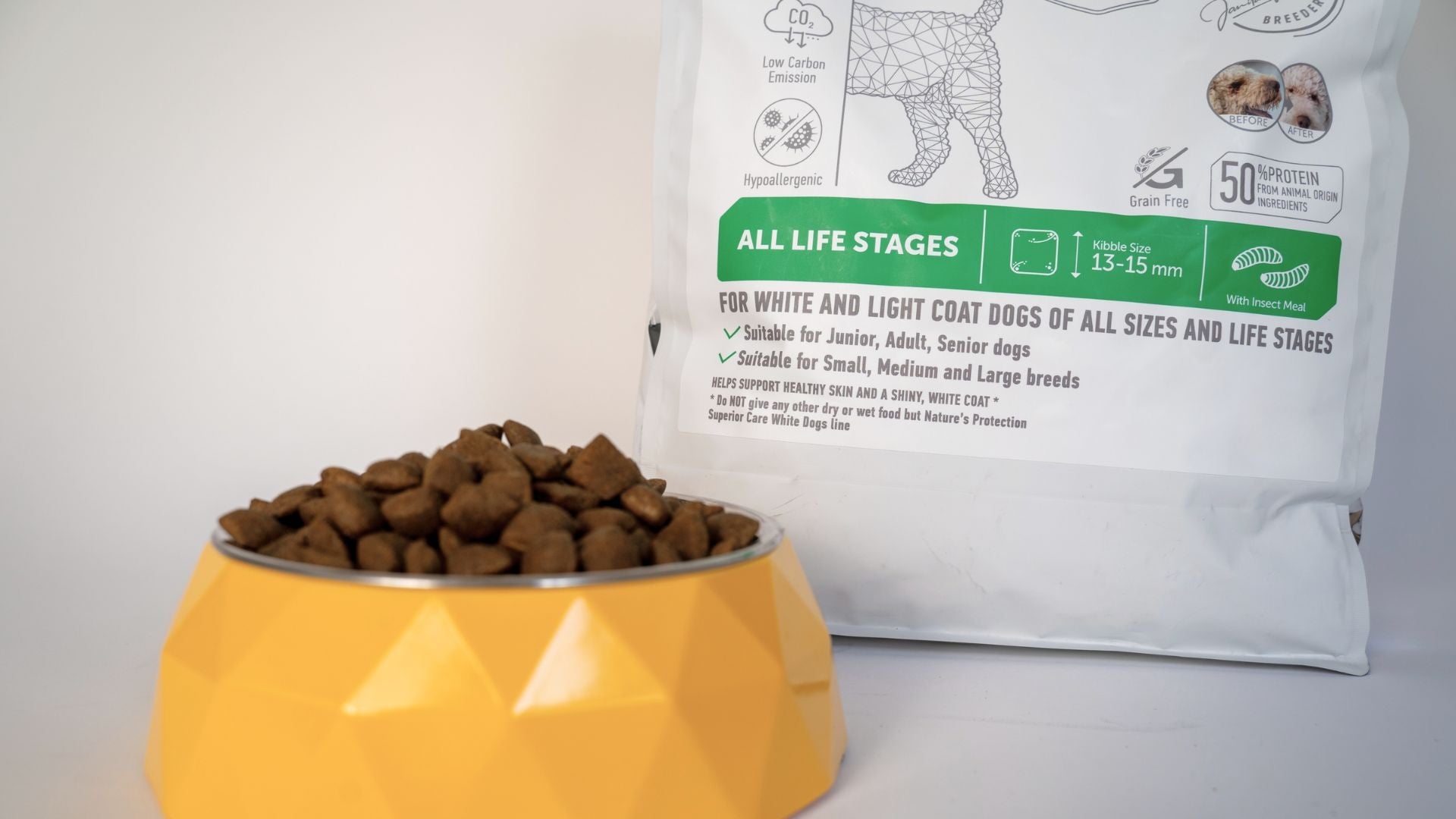Navigating the world of dog-friendly foods is an essential part of responsible pet ownership. Today, let's delve deeper into the canine compatibility of sweet potatoes—a flavorful root vegetable that not only appeals to human taste buds but might just become your pup's new favorite treat. As someone deeply connected to dogs for nearly 40 years, I'm excited to share detailed insights into the safety, benefits, and considerations of adding sweet potatoes to your dog's menu.
Are Sweet Potatoes Safe for Dogs?
Fortunately, sweet potatoes can be more than a side dish for your furry friend. These vibrant veggies are a powerhouse of essential vitamins, including A, C, and B6, alongside dietary fiber and antioxidants. The vitamins in sweet potatoes play a vital role in supporting your dog's immune system, maintaining healthy skin, and promoting overall well-being. It's important, however, to keep a watchful eye on the preparation method.
How Should Sweet Potatoes Be Served?
To maximize the benefits, ensure you cook sweet potatoes thoroughly and refrain from using ingredients that might be harmful to dogs. The recommended method involves washing, peeling, and cooking sweet potatoes until they are soft. Mash them or cut them into small, manageable pieces for your dog. Avoid adding any seasonings, especially those containing onion, garlic, or excessive salt.
For small breeds (up to 15 lbs), a teaspoon to a tablespoon of mashed sweet potatoes is generally appropriate. Medium-sized dogs (15 to 50 lbs) can enjoy one to two tablespoons, while larger breeds (50 lbs and above) may benefit from two to five tablespoons. However, these are general guidelines, and individual dog needs may vary. Always monitor your dog for any adverse reactions, and consult your veterinarian for personalized advice.
What Are the Possible Risks of Sweet Potatoes?
While sweet potatoes are generally well-tolerated, it's crucial to tailor their intake to your dog's specific needs. Dogs with diabetes, for example, should enjoy sweet potatoes in moderation due to their naturally occurring sugars. As always, consult your veterinarian before introducing new foods, particularly if your dog has underlying health concerns.
Sweet Potatoes in Dry Dog Food
When it comes to crafting nutritionally superior dry dog food, the inclusion of sweet potatoes stands out as a thoughtful choice. These vibrant tubers contribute not only to the taste but also to the overall well-being of your canine companion:
- Nutrient-Rich Profile: Sweet potatoes are dense with essential nutrients, including vitamins A, C, and B6, along with dietary fiber and antioxidants. Incorporating them into dry dog food elevates the nutritional content, supporting your dog's health in various ways.
- Digestive Health: The dietary fiber in sweet potatoes aids in maintaining a healthy digestive system for dogs. It promotes regular bowel movements and can be particularly beneficial for those with sensitive stomachs.
- Immune System Support: The vitamins in sweet potatoes, especially vitamin A and C, play a pivotal role in bolstering the immune system. This is crucial for your dog's ability to ward off illnesses and infections.
- Energy Boost: The natural sugars in sweet potatoes provide a clean and sustainable energy source for dogs. This can be especially advantageous for active dogs or those engaging in regular physical activities.
In my commitment to providing balanced meals, sweet potatoes often feature prominently in the ingredient list on our Nature’s Protection Superior Care dog food. Not only do they add a delectable taste, but they also contribute to the overall nutritional profile of the dog food.

Summary
The inclusion of sweet potatoes in your dog's diet can be a delightful and health-conscious choice. Whether offered as a homemade treat or part of premium dry dog food like Nature's Protection Superior Care, sweet potatoes offer a palatable way to enhance your pup's nutritional intake. As you embark on this culinary exploration, remember that moderation is key. By consulting your veterinarian, you ensure that your dog's diet aligns perfectly with their unique health requirements.












